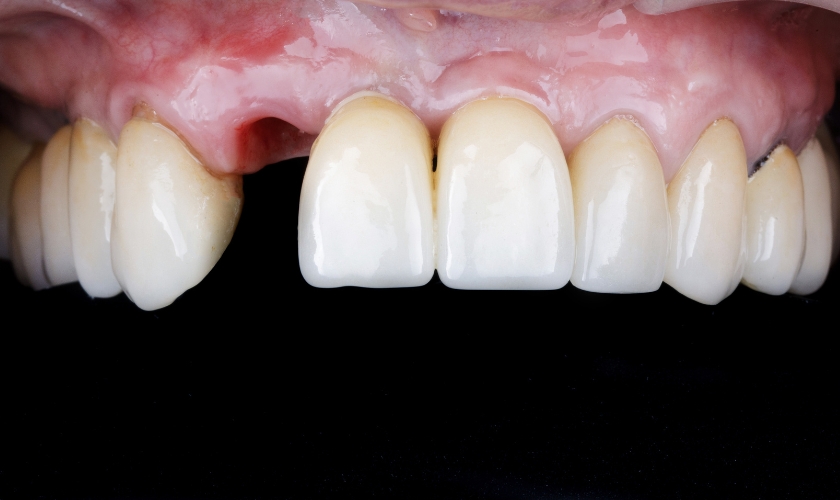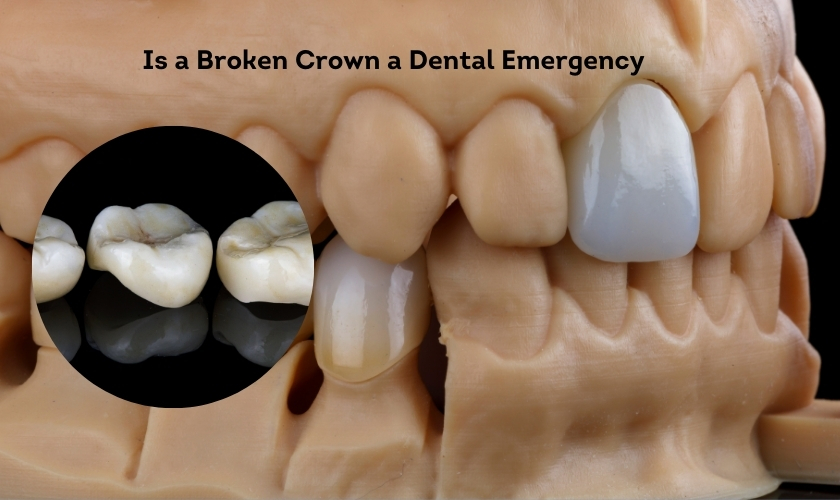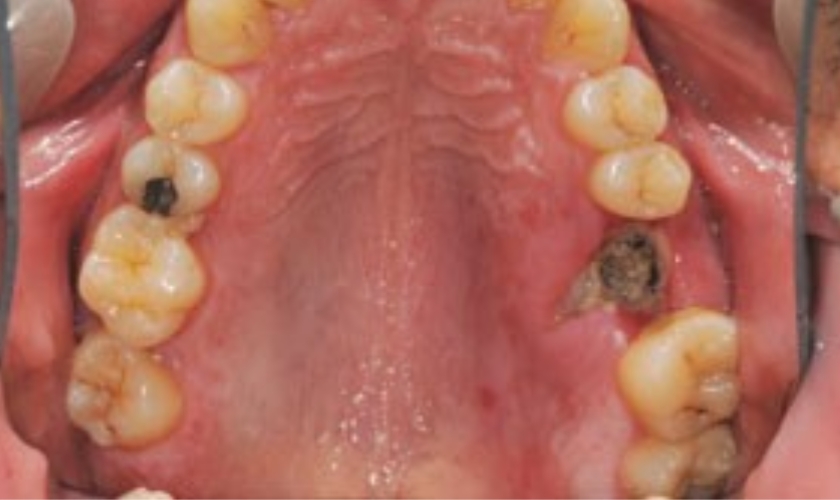Top Family, Cosmetic and Implant Center In 537 Amherst St, Nashua, NH 03063
How Long Does It Take For A Loose Tooth To Tighten Back Up?

Have you ever experienced a loose tooth? It can be a strange and unsettling feeling, leaving you wondering if it will ever feel secure again. The good news is that in many cases, loose teeth can tighten back up on their own. But how long does this process typically take? Let’s dive into the fascinating world of tooth movement and explore the factors that influence how quickly a loose tooth can regain its strength.
What Causes a Loose Tooth?
Several factors can contribute to a loose tooth, including:
- Gum disease: This is the leading cause of loose teeth in adults. When plaque and tartar build up on the teeth and gum line, it triggers an inflammatory response that damages the gum tissue and supporting bone, leading to tooth loosening.
- Injury: Trauma to the face or jaw from accidents, sports injuries, or falls can cause a tooth to become loose. The severity of the injury determines the extent of damage and the likelihood of the tooth tightening back up.
- Periodontal ligament weakening: Certain medical conditions and hormonal changes, especially during pregnancy, can weaken the periodontal ligament, leading to loose teeth.
- Forceful chewing: Chewing on hard objects or using teeth as tools can put excessive stress on the teeth and supporting structures, causing loosening.
Can a Loose Tooth Tighten Back Up on Its Own?
Whether a loose tooth can tighten back up on its own depends on the underlying cause:
- Mild loosening: If the tooth is only slightly loose and the cause is minor, like gum inflammation from poor oral hygiene, it can tighten back up on its own with proper care, including improved brushing and flossing.
- Severe loosening: If the tooth is significantly loose, the cause is severe (like gum disease or injury), or there’s persistent pain or bleeding, seeking professional dental help is crucial. A dentist can assess the situation and recommend appropriate treatment, which may involve splinting the tooth to adjacent teeth for stabilization, deep cleaning, or even extraction in severe cases.
How long does it typically take for a loose tooth to tighten back up?
The timeframe for a loose tooth to tighten back up varies depending on the cause and severity. Here’s a general guideline:
- Mild loosening: In children with natural tooth loss, the loose tooth typically falls out within a few weeks to several months. However, for adults experiencing mild loosening due to minor gum inflammation, improvement can be observed within weeks with proper oral care.
- Moderate loosening: If the cause is gum disease or mild injury, the tightening process might take several weeks or even months with professional dental intervention and treatment.
- Severe loosening: In severe cases, the tooth might not tighten back up on its own and may require extraction or specialized treatment depending on the dentist’s evaluation.
Tips for promoting tooth tightening
While you cannot directly control the rate of tooth tightening, here are some tips to promote healing and prevent further complications:
- Maintain excellent oral hygiene: Brush your teeth twice daily and floss once a day to remove plaque and bacteria that contribute to gum disease.
- Eat a healthy diet: Consume a balanced diet rich in vitamins and minerals, especially calcium and vitamin D, which are essential for bone health and support tooth stability.
- Avoid harsh foods and activities: Avoid chewing on hard objects or using your teeth for anything other than chewing food. This can put additional stress on the loose tooth and surrounding tissues.
- See your dentist regularly: Schedule regular dental checkups and cleanings to monitor your oral health and address any underlying issues promptly.
When to seek professional help
If your tooth is:
- Severely loose
- Bleeding
- Causing significant pain
- Not tightening up after a few weeks
It’s crucial to consult a dentist immediately. They can diagnose the underlying cause and recommend the appropriate treatment plan, which may involve splinting, scaling and root planing, or even tooth extraction in severe cases.
Children and loose teeth
For children, loose teeth are a natural part of the development process as they lose their baby teeth to make way for permanent teeth. This typically occurs between the ages of 6 and 12. If your child has a loose tooth, avoid pulling it out and let it fall out naturally to prevent damage to the developing permanent tooth beneath.
Conclusion
In conclusion, the journey of a loose tooth tightening back up is a fascinating one, demonstrating the body’s remarkable ability to heal and restore itself. While patience is key, it’s essential to remain vigilant about dental health and seek professional guidance when needed. So, the next time you encounter a loose tooth, remember to nurture it with care and attention – who knows, it might just surprise you with its resilience!
A small amount of bleeding is sometimes normal when a loose baby tooth wiggles out. However, excessive bleeding is not and warrants a visit to the dentist.
There are no scientifically proven home remedies to tighten a loose tooth. It’s crucial to seek professional dental care to address the underlying cause.
If left untreated, a loose tooth can eventually fall out or require extraction. Early intervention is essential to prevent further complications.
You should avoid hard and chewy foods




